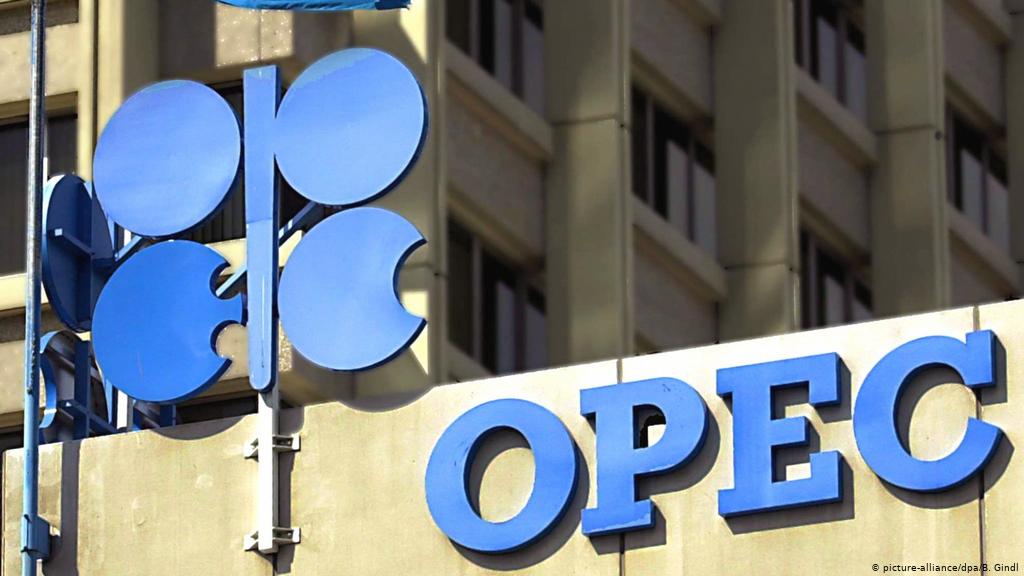
OPEC+ talks on delaying a January oil-output increase gathered momentum on Tuesday, with some top officials offering support to the effort.
Algeria, which this year holds the OPEC presidency, said that both Saudi Arabia and Russia were pressing fellow members to prolong the current oil-supply cuts into next year, rather than tapering them as planned. Algeria supported the proposal, the first country to publicly do so.
Oil prices rose as the comments followed fresh hints from Secretary-General Mohammad Barkindo that the Organization of Petroleum Exporting Countries is preparing to change course. The alliance will move to “accelerate” the oil recovery at its next meeting, scheduled for Nov. 30-Dec 1, he said.
The 23-nation oil-producers network led by Riyadh and Moscow is currently scheduled to restore almost 2 million of the 7.7 million barrels of daily output currently halted to stave off a glut. But as demand falters and prices retreat to about $40 a barrel, postponing the move appears increasingly likely.
The “situation in global oil markets” is “very dangerous,” Algerian Energy Minister Abdelmadjid Attar said, according to state-run news agency APS. Iraq also supports prolonging the cuts, he said, according to the report.
On Monday, Russian oil companies discussed with Energy Minister Alexander Novak the possibility of delaying the easing of OPEC+ output cuts by three months, according to people familiar with the matter. They also discussed potentially deepening the current curbs, though that was not the base case, said one person.
“We continue to see headwinds,” Barkindo said in an interview with the head of the International Energy Forum. “Demand is recovering, so also is the global economic rebound, but at a very slow speed.”
The latest wave of the virus “will almost certainly dampen the momentum that we gathered in the third quarter,” Barkindo told IEF head Joe McMonigle in the podcast. That’s casting a shadow on the outlook for next year, even as fuel demand in China and India returns to levels seen before this year’s coronavirus outbreak, he said.
Because of the unparalleled disruption caused by the disease, the upcoming meeting “will be one of the most important conferences in the history of OPEC,” Barkindo said. The Riyadh-based IEF promotes dialogue between energy producers and users.
OPEC and Russia also held their annual talks on Tuesday. Novak said the partnership between the producers has been instrumental in ensuring market stability, particularly during the pandemic, according to social media posts by the OPEC secretariat.
“We see a lot of uncertainties that prevent the return of economic indicators and global oil consumption to pre-crisis” levels, Novak said in opening remarks at the Russia-OPEC energy dialogue. “We see how difficult the recovery is.”





























